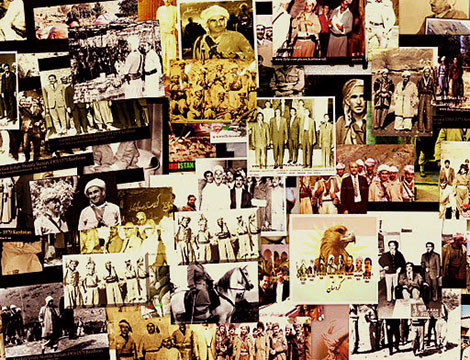
This article was originally published by openDemocracy on 19 January 2017.
The politicization of the Kurdish military and security forces has a diverse and severe impact on human security, and stability in the Kurdistan Region of Iraq.
The lack of a nationalized armed force in Kurdistan remains the biggest threat to its future. The Iraqi constitution allows the Kurdistan Regional Government to form its local force and legalize the existence of the Peshmerga, but Baghdad does not intervene in the details of the formations and the recruitment process. The ruling parties in Kurdistan have the ultimate power over mobilization, recruitment, and financing of the security forces.
Kurdistan has been an autonomous region since 1992. It emerged as a quasi-state after the establishment of the no-fly zone in northern Iraq by the United States – along with the United Kingdom and France – which put an end to Saddam Hussein’s murderous attacks on the Kurds. From this time onwards, The Kurdistan Regional Government (KRG) has been predominantly ruled by two major parties; the Kurdistan Democratic Party (KDP) and the Patriotic Union of Kurdistan (PUK). Mustafa Barzani, established the former in 1946 while Jalal Talabani had founded PUK in 1975 when he split from Barzani’s KDP. Although the two parties have fought the Iraqi regime in the 1980s, they also fought one another.
